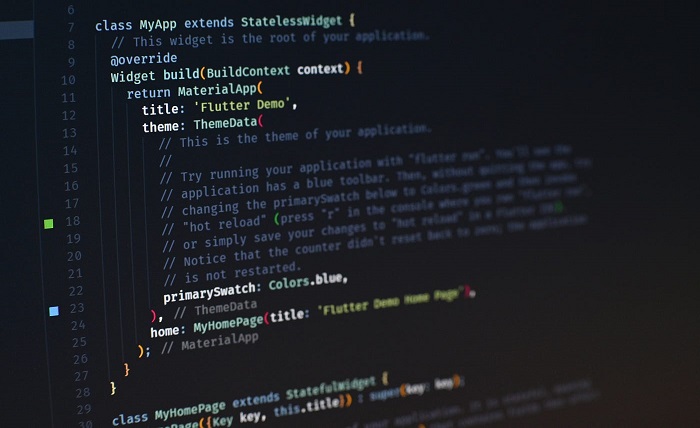10 Tips for Crafting Cleaner & Better Code

The quality of code has a significant impact on the success of a software project. Writing clean and efficient code not only makes the code easier to maintain and improve but also ensures that the software runs optimally and meets the requirements of the users. As a software developer, it’s important to enhance the grade of the code you write continuously.
In this article, we’ll explore ten tips for crafting cleaner and better code that can help you write maintainable, understandable, and efficient code. Whether you’re a seasoned developer or just starting, these tips can help you write code of the highest quality.
Use Consistent Naming and Formatting Conventions
Consistent naming and formatting conventions are essential for writing clean and readable code. This creates it more comfortable for other creators to comprehend and modify the code if necessary. Additionally, it’s important to maintain consistency in indentation, line breaks, and other formatting details.
Keep it Simple
The KISS (Keep It Simple, Stupid) principle applies to code as well. When writing code, avoid adding unnecessary complexity. Instead, strive for simplicity and clarity. Simple coding is beneficial in multiple ways: it’s easier to debug, maintain and enhance; it makes collaboration with other developers smoother; and it’s straightforward for others to comprehend.
Document Your Code
Code documentation is crucial for ensuring that the code is maintainable and coherent. Code documentation can take the form of comments within the code and external documentation that provides an overview of the code’s purpose, functionality, and design. Good code documentation makes it easier for other developers to understand the code’s intent and helps prevent bugs and other issues.
Avoid Unnecessary Complexity
Code complexity can lead to bugs and make the code difficult to maintain. To avoid complexity, use simple design patterns, avoid writing convoluted logic, and keep functions and methods short and focused. Additionally, consider breaking down complex code into smaller, more manageable parts, and reuse existing code when possible.
Test Early, Test Often
Testing is a critical aspect of software development and helps ensure that the code works as expected. Testing early often helps catch bugs and other issues early in the development process, making them easier to fix. Additionally, testing helps to ensure that the code works correctly in different scenarios and with different inputs.
Don’t be afraid to utilize automated testing mechanisms like fuzz testing to discover any issues with the code as early as possible. Learn more about fuzz testing best practices here.
Refactor When Necessary
Refactoring is the act of enhancing the structure of existing code without altering its behaviour. This can make the code more understandable, manageable and efficient. When refactoring, consider breaking down complex code into smaller, more manageable parts, removing redundant or unnecessary code, and improving naming and formatting conventions.
Leverage Libraries and Frameworks
Libraries and frameworks can save time and effort when developing software. They provide pre-written code that can be used to implement standard functionality, such as authentication or data storage. By using libraries and frameworks, developers can focus on writing code that is specific to the application’s requirements instead of reinventing the wheel.
Don’t Repeat Yourself
The DRY principles state that code should not be reprised unnecessarily. Repeated code makes the code harder to maintain, as any changes to the code must be made in multiple places. To avoid repeating code, consider using functions or methods to encapsulate repeated code and make it reusable.
Comment Appropriately
Code comments are a crucial part of code documentation. They provide additional information about the code’s purpose and functionality and can help prevent bugs and other issues. When commenting code, consider the intended audience and ensure that the comments are informative and concise. Additionally, it’s important to comment on code that is complex or difficult to understand to help ensure that the code is maintainable and understandable.
Utilise Debugging Tools and Techniques
Debugging is an essential part of software development and is necessary to find and fix bugs and other issues. Utilising debugging tools and techniques, such as print statements, breakpoints, and log files, can help you identify and resolve issues quickly and efficiently. Additionally, consider using a debugger to step through the code and understand its execution and find the root cause of bugs and other issues.
Conclusion
Crafting clean and efficient code is an important aspect of software development. By obeying these ten suggestions, you can guarantee that your code is maintainable, understandable, and efficient. Additionally, clean and efficient code can help prevent bugs and other issues and make software development easier and more enjoyable. Whether you are a seasoned creator or just starting, these tips can assist you in writing cleaner and better code.




